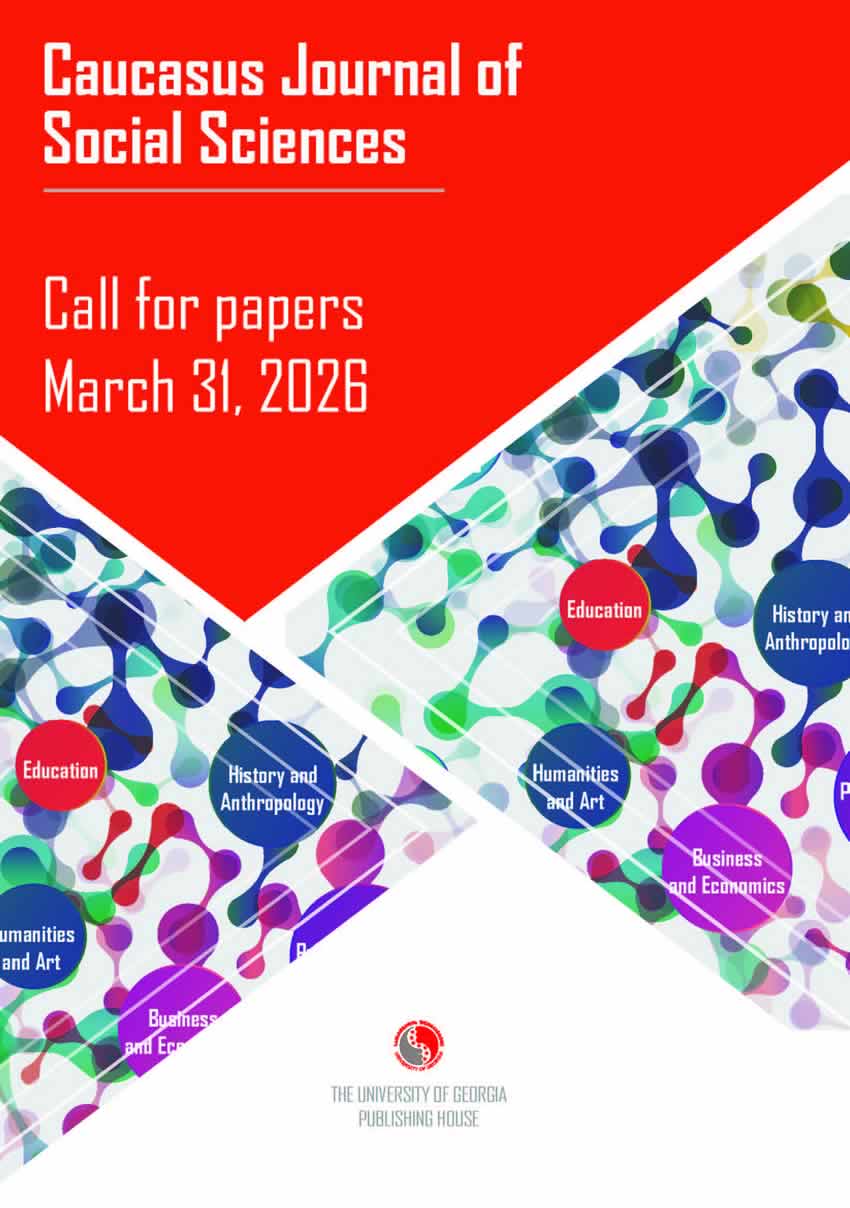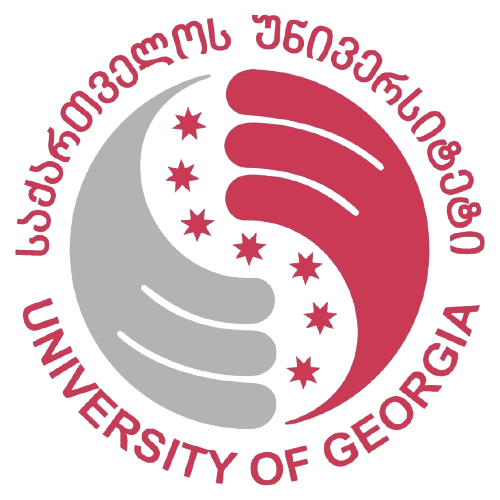Career Development and Leadership Opportunities in Public Relations from Georgian Perspective
DOI:
https://doi.org/10.62343/cjss.2021.197Keywords:
PR industry, Georgia, gender equality, discrimination, stereotypes, bloke-ificationAbstract
The purpose of the research was to determine the attitudes of women employed in the field of public relations (PR) toward career development and success opportunities in regard to their gender. The study explores views on the career advancement opportunities of women in the PR industry comparedto men. Do women consider a balance between professional success and family life, and do gender or stereotypes about women’s abilities hinder success? The research discusses what women employed in the PR field consider essential skills for a manager and whether they perceive themselves to have such skills. The research data revealed that the process of socialization stigmatizes gender differences and determines the attitude of each gender towards the
stereotype; the figuration of men among the agents of primary socialization, already in adulthood, uniquely changes the degree of communication of PR leaders and subordinates with the masculine environment. While none of the interviewees mentioned an advantage of working with male employees, based on the conversation with several, there is still a hidden/subconscious desire to work with the opposite gender. This, naturally, is influenced by gender stereotypes; however, ultimately, this still determines
their attitude toward the opposite gender. The data also revealed that there is a striking trend where all of our interviewees believe that career advancement and prosperous family life are possible at the same time, although t acknowledge the real difficulties that come with building a career in parallel with effective family management. Obstacles to career advancement are not related to their gender; however, we can’t fail to mention here the opinion of some of them, according to whom, with family cohabitation, career advancement is possible, but, unlike men, it is considered very difficult. This attitude is similar to the position of women in employee positions and is characteristic of the patriarchal society, where it is still believed that the main burden of family caregivers falls on women. Despite the stereotypical views observed during the research process - regarding the factors hindering the success of women and the role of the female and male professions, etc., which still exist in the consciousness of the public (including women employed in the PR sector) and naturally consciously or unconsciously influences their views - the positive findings of the research are the tendency according to which, in the first place, women do not see PR as a male profession and don’t feel uncompetitive when competing with men, especially for gender reasons. Under the influence of stereotypes, it is believed that career advancement is easier for a man, but they believe that career advancement, in general, is associated with many difficulties. Based on these positive findings, we can assume that women in the PR sector are more likely to develop and achieve career success, although, for the next phase of the study, it would be interesting to see the dynamics of changing gender stereotypes and areas of influence. This will allow us to talk about the problems caused by gender stereotyping in the PR sector, as well as in Georgian society in general, and possible ways to eliminate these problems.
Downloads
Published
How to Cite
Issue
Section
License
Copyright (c) 2024 Leli Bibilashvili, Natia Kaladze, Mari Bandzeladze

This work is licensed under a Creative Commons Attribution 4.0 International License.
In case an article is accepted for publication it is allowed to combine the article with other research, to conduct new research on the article, or to make different arrangements on condition that the same license is used including commercial purposes.
As an author of an article published in the Caucasus Journal of Social Sciences, you retain the copyright of your article and you are free to reproduce and disseminate your work.











